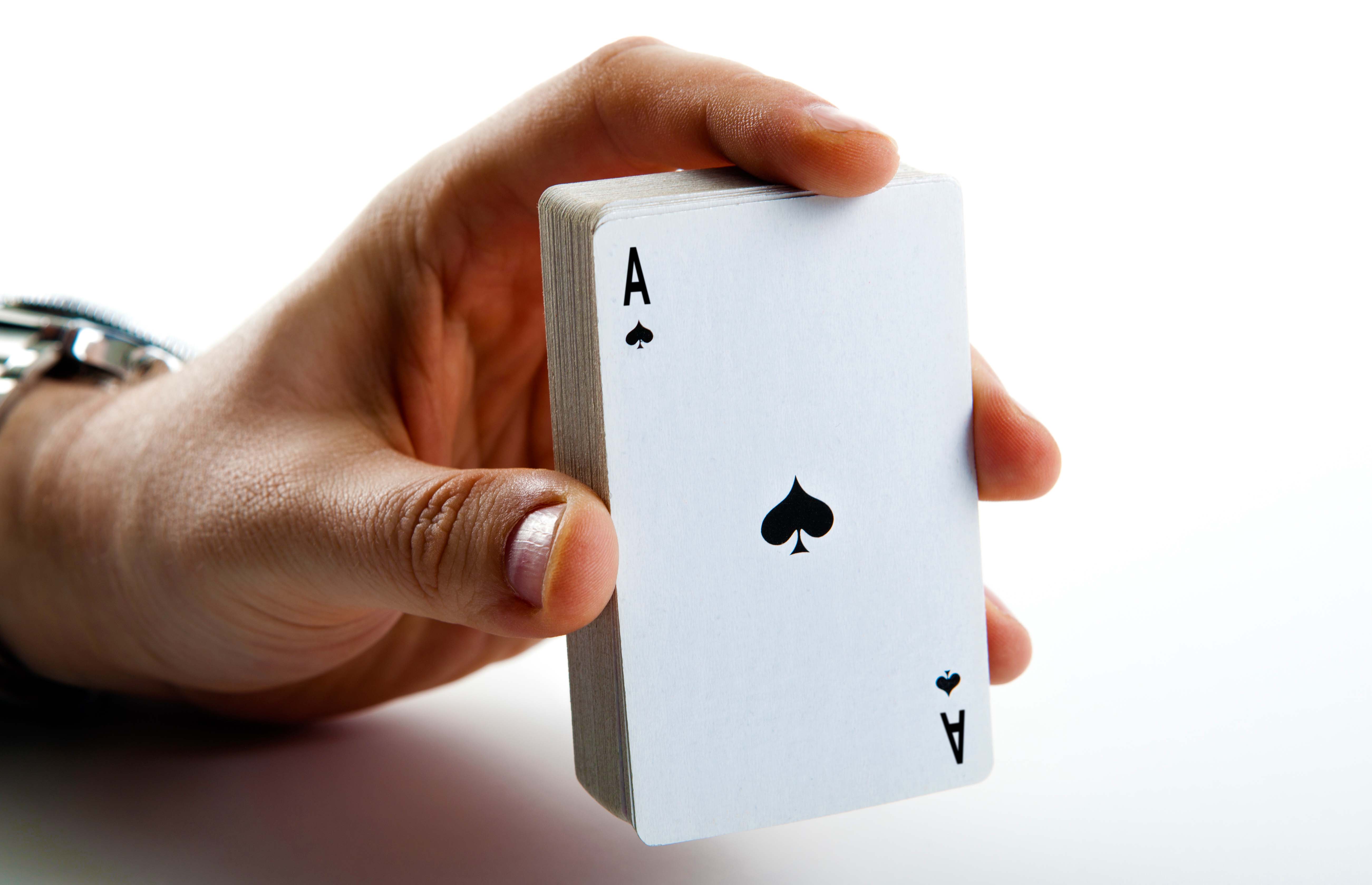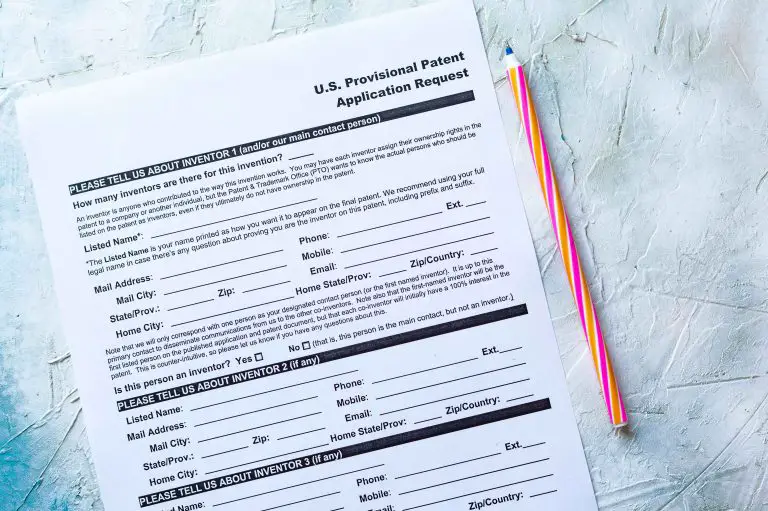Can you Patent a Card Game?
If you’ve just come up with the best card game, can you protect it with a patent? Patents grants inventors a monopoly over their invention for a limited period of time. For utility patents, this protection lasts for 20 years from the date an applicant files his utility patent application with the USPTO (United States Patent and Trademark Office). So, can a card game be patented? We will answer this below.
Can You Patent a Card Game?
Answering the question of whether you can patent a card depends on the type of card game you’re patenting. If you only have rules that involve a standard deck of cards, you may not be able to patent the card game. However, if your card game involves a newly invented deck of cards, your chances of getting a patent are substantially higher. Therefore, the answer depends on what type of card game you’re seeking to protect with a patent.
The rules for patenting card games became substantially stricter in recent years with the patent office requiring card games to have more substance in order for the patent office to grant them a patent.
Under the current law, an inventor of a new card game must show that the card game to be patented involves more than just a set of rules for the game. Said differently, the card game must involve more than just a set of rules governing a game that uses a standard deck of cards.
So, here’s a tip, if you want to patent a card game, try developing a new card deck to go along with your card game, this will substantially increase the likelihood that the patent office will grant you a patent to protect your card game.
The law as it currently stands considers rules governing a card game using a standard deck of cards, as an abstract idea that does not qualify for patent protection. To patent your card game, the patent office wants to see that you have invented something new in addition to a set of rules that applies to a standard deck of cards.
So, to patent your card game, try inventing a new deck of cards and a new set of rules that apply to how players interact with your card game. Just note that patenting your card game is not cheap, so make sure that you have a game that’s worth patenting before applying for patent protection. Also, make sure that no one else has already invented the game you’re trying to protect with a patent.
Can You Protect Your Card Game with a Design Patent
Now that we’ve covered whether you can obtain a utility patent on your card game, let’s discuss whether you can obtain a design patent on your card game. Design patents protect new and unique designs that are applied to an object, here if you’ve invented a new card game where the deck of cards or board associated with your game has a unique appearance, you can protect that appearance by applying for a design patent application.
So, why would an inventor of a new card game apply for a design patent? An inventor of a new card game should apply for a design patent because it grants the inventor of the card game the right to restrict others from using, making, selling, or offering to sell a card game that has a similar appearance to the one that the card game maker has patented.
If anyone copies, sells or offers to sell a board game that’s similar to the one you’ve patented, you will be able to sue them for design patent infringement in federal court. If your lawsuit is successful, the court will issue a court order, ordering the party infringing upon your design to seize its infringing activities.
Just remember that design patents protect a single appearance, so if you have more than one card game design that you want to protect, you’ll have to file a separate design patent application to protect the different kinds of design associated with your card game.
Can You Trademark Your Card Game?
In addition to a utility patent and design patent, your card game could be eligible for trademark protection. Trademarks protect the features of your card game that customers use to identify you or your business as the source of the goods or services. So, if your card has a unique name that customers associate with your brand, you might be able to protect it by registering your trademark with the USPTO.
So, what benefits do you get if your trademark the name of your card game? If you trademark the name of your game, you get nationwide protection of your trademark, meaning that you can be the only person to use the trademark to refer to your card game. You will also be able to restrict others from using the same name or confusingly similar name to refer to their card game.
If anyone infringes on your trademark by applying the same name or logo to their game, you’ll be able to sue them for trademark infringement. If your lawsuit is successful, the court will issue a court order, ordering the party infringing upon your trademark to stop using your registered trademark to refer to their card game.
How Much Does Patenting Your Card Game Cost?
Utility patents are very expensive to obtain in general, so applying what we know about utility patent application to card games, an inventor of a new card game should expect to pay between $5,000 to $12,000 for an attorney to prepare and file a utility patent application. The cost depends on how complex the card game is, as well as whether the attorney will need to perform work in addition to what’s required to prepare the patent application.
Often times, attorneys have to communicate with the patent office and make amendments to the utility patent application, this all costs more money than what’s required to prepare and file the application.
Also, the patent office charges filing fees, utility patent search fees, and utility patent examination fees. If you’re a single inventor or small business, you should expect to spend another $1,000 on filing fees. If the patent office grants your utility patent application, you should expect to spend another $250 for the patent issuance fee.
That said, design patents are much cheaper to obtain than utility patents. So, if your card game has a unique appearance that you want to protect, you can find a design patent application in addition to the utility patent application. The design patent will protect the new and unique appearance of your game. Design patent attorneys typically charge between $1,500 to $3,500 to prepare and file a design patent application, so it’s much cheaper than a utility patent, which requires significantly more work.
Card Game Patenting Deadline
If you have a card game on your hand that qualifies for patent protection, you should apply to patent it within one year of publicly disclosing your card game, selling it, or offering it for sale. The USPTO offers inventors a one year grace period in which to apply for patent protection. If it has been more than one year of disclosing your card game, you will be barred from applying for a patent.
Also, if you want to patent your card game in other countries, just note that some countries are not as lenient as the United States, requiring an applicant to apply for a patent before any public disclosure of the card game has taken place. Therefore, if you have a card game that qualifies for patent protection and has the potential for commercial success, keep it secret until you file your patent application in the U.S and abroad.
Do You Need an Attorney to Patent Your Card Game?
The patent office does not require applicants applying to protect their card game to have an attorney representing them. Inventors and applicants are free to prepare and file their utility and design patent applications without the assistance of an attorney.
That said, the patent office recommends that applicants hire an attorney to assist them with the preparation and filing of their patent application because patent law can be quite complex and having an attorney on your side reduces the possibility of making mistakes that could get your patent application rejected.
If money is an issue and you cannot afford to hire an attorney, you should look into hiring a patent agent to assist you with your patent application. Patent agents are qualified and licensed to prepare and file patent applications, as well as communicate with the patent office on your behalf.
Does Copyright Law Protect Card Games?
Copyright law does not offer much protection to inventors of a new card game. This is because while the text of the rules can be copyrighted, the way the game is played cannot be copyrighted. Copyright law may protect the artwork that’s used on the cards or for the text of the rules that’s printed on the list of rules of the game, but that’s about as far as copyright law applies. If you have a unique card game, the best method to protect it is by applying and getting a patent on your card game. Copyright law barely offers inventors of new card games any meaningful protection.
Patenting a Card Game
As we mentioned earlier if you have a new and unique card game that qualifies for patent protection, patenting it is the best way to protect it from being copied and stolen. Just remember that your card game may be eligible for both a utility patent and design patent protection. If you believe that your card game has the potential for commercial success, file a patent application before publicly disclosing your card game. If you have any general questions or comments, please feel free to leave them in the comments section below.







